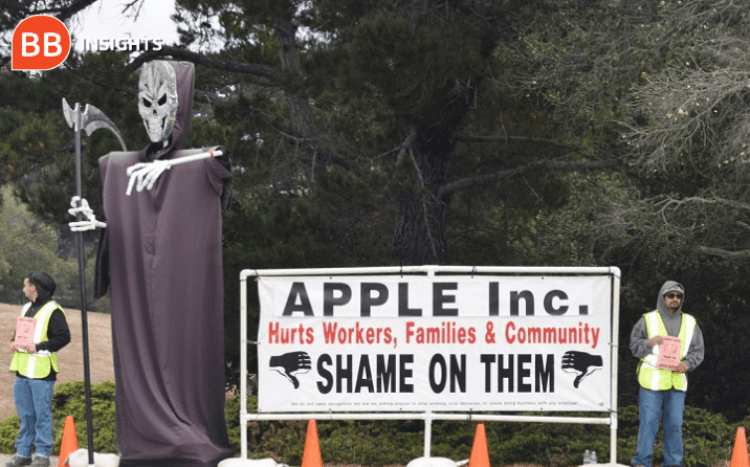The definition of a corporation has changed. The Business Roundtable (BRT), a nonprofit association of CEOs from major US companies, redefined the purpose of a business as one that exists to serve beyond only its shareholders.
Businesses now have a duty to bring value to multiple stakeholders: customers, employees, suppliers, communities, and shareholders.
It’s a shift away from Milton Friedman’s 1970 doctrine of profit at all costs, a mantra by which American capitalism has lived for the past 50 years. In it, he said ‘there is one and only one social responsibility of business […] to increase its profits so long as it stays within the rules of the game.’
Robert Eccles (pictured below, right), visiting professor at the University of Oxford’s Saïd Business School, co-chairs the Test of Corporate Practice (TCP) advisory board, an initiative convened in April 2020 to evaluate companies’ performance through the COVID-19 pandemic and social unrest in response to widespread inequality.
“In a world where you have concentrated wealth in large companies aggregating system level issues like climate change and inequality," he says, "we should step back and ask if the corporate form that we’ve got today fit for purpose,” he says.
Companies Are Failing To Deliver On Stakeholder Capitalism

Together with KKS Advisors, a strategy consulting firm, the TCP published a report assessing alignment with recent statements of corporate purpose and commitments to stakeholder primacy.
The report is based on a GlobeScan survey which includes investors, NGOs, academics, and consultants, as well as an analysis of 800 large companies. The companies who signed the BRT statement were also included.
As the COVID-19 pandemic spread, it exposed frailties in the protections available to the labor force during a crisis. There were mass furlough schemes rolled out, and in the tech startup industry alone, there have been 79,323 layoffs from 536 startups since March 11th, according to layoffs.fyi. It left unemployment in the US at 13% in May, substantially higher than it was during the recession a decade ago.
The killing of George Floyd in May also unleashed mass protests and calls for racial justice and an end to inequality. It opened up a chasm into which companies would easily fall if they didn’t act.
The TCP report though is a barometer that swings the wrong way for the BRT signatories. It found that the BRT companies underperformed slightly in their COVID-19 response and outperformed only slightly in their response to inequality. There isn’t a marked difference between the performance of BRT companies and their S&P 500 or European counterparts.
The report solidifies the idea that a commitment to stakeholder capitalism sounds like empty rhetoric if it’s not met with substantial evidence of action.

Robert Strand (pictured right), the executive director of the Center for Responsible Business at the University of California Berkeley’s Haas School of Business, welcomes the restatement of purpose of the corporation, but explains that until the BRT CEOs advocate for smart policy changes to support a stakeholder view, the words ring hollow.
“COVID-19 has exposed the incredible fragilities of an American model of capitalism and we need business leaders to step up and advocate for smart policy measures to build a more resilient society,” he asserts. “Voluntary measures alone will not cut it.”

Companies across the US and Europe that had a consistent track record of effectively managing COVID-19 or inequality-related issues continued to outperform during the crisis. Those that responded quickly to COVID-19 also markedly outperformed late responders.
COVID-19 issues scored companies on the levels of healthcare access for employees, labor and union relations, minimum and fair wages, customer fatalities, and employee health and safety management. Inequality metrics looked at board diversity, CEO pay gaps, labor exploitation, workplace diversity and inclusion, and worker discrimination.
What it comes down to, Robert Eccles says, is that when there’s a trade-off between continuing to provide short-term shareholder returns and taking care of your workforce, which way are you going?
At the height of the pandemic, Hertz Global Holdings, an American car rental firm, handed out $16 million in retention bonuses to top executives while at the same time laying off thousands of employees. They then shortly after filed for Chapter 11 bankruptcy.
“That sends the message of we don’t care, and all these protestations about purpose are empty rhetoric,” Robert from Oxford says.
RECAPTHA :
53
38
23
16








